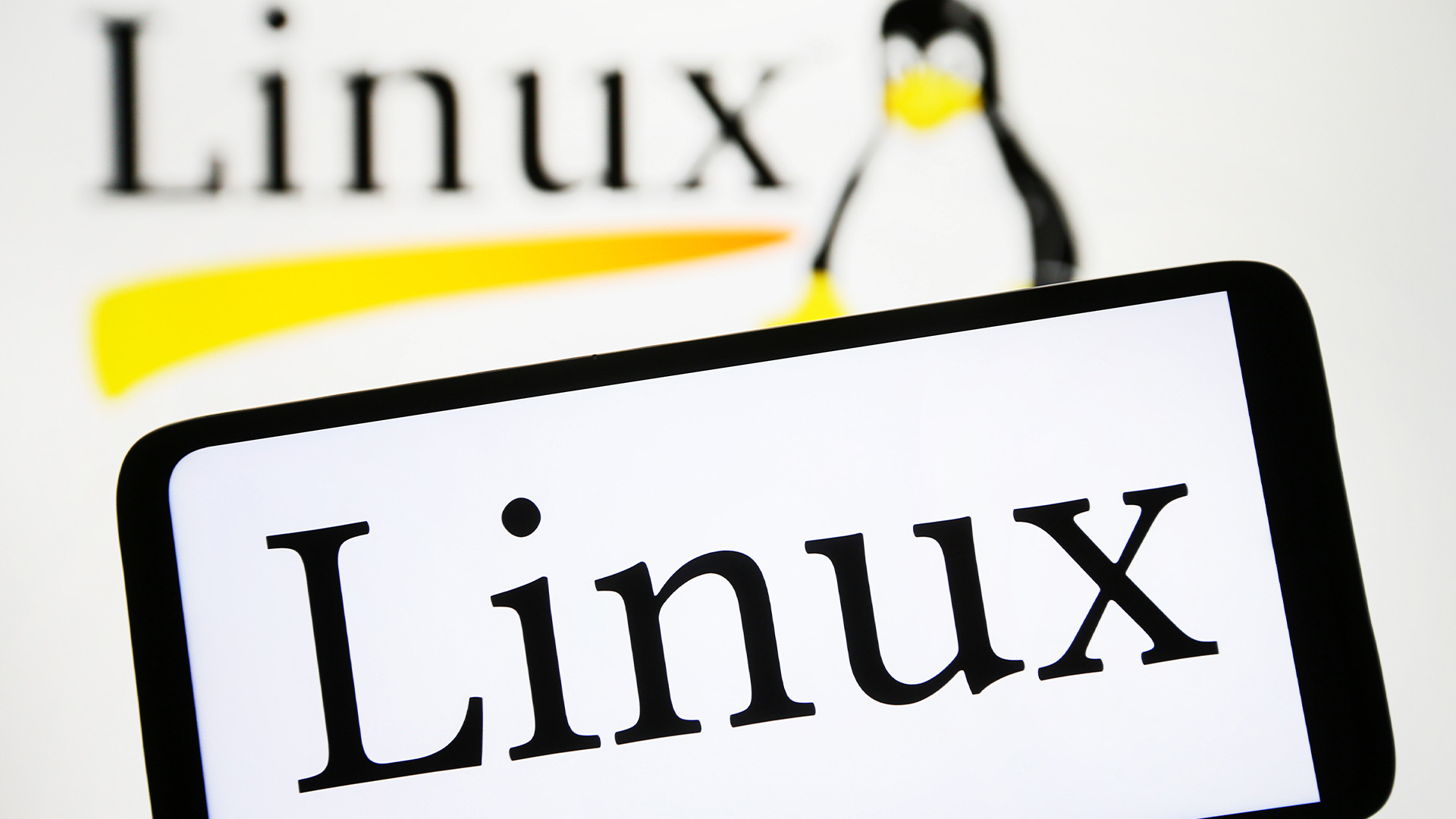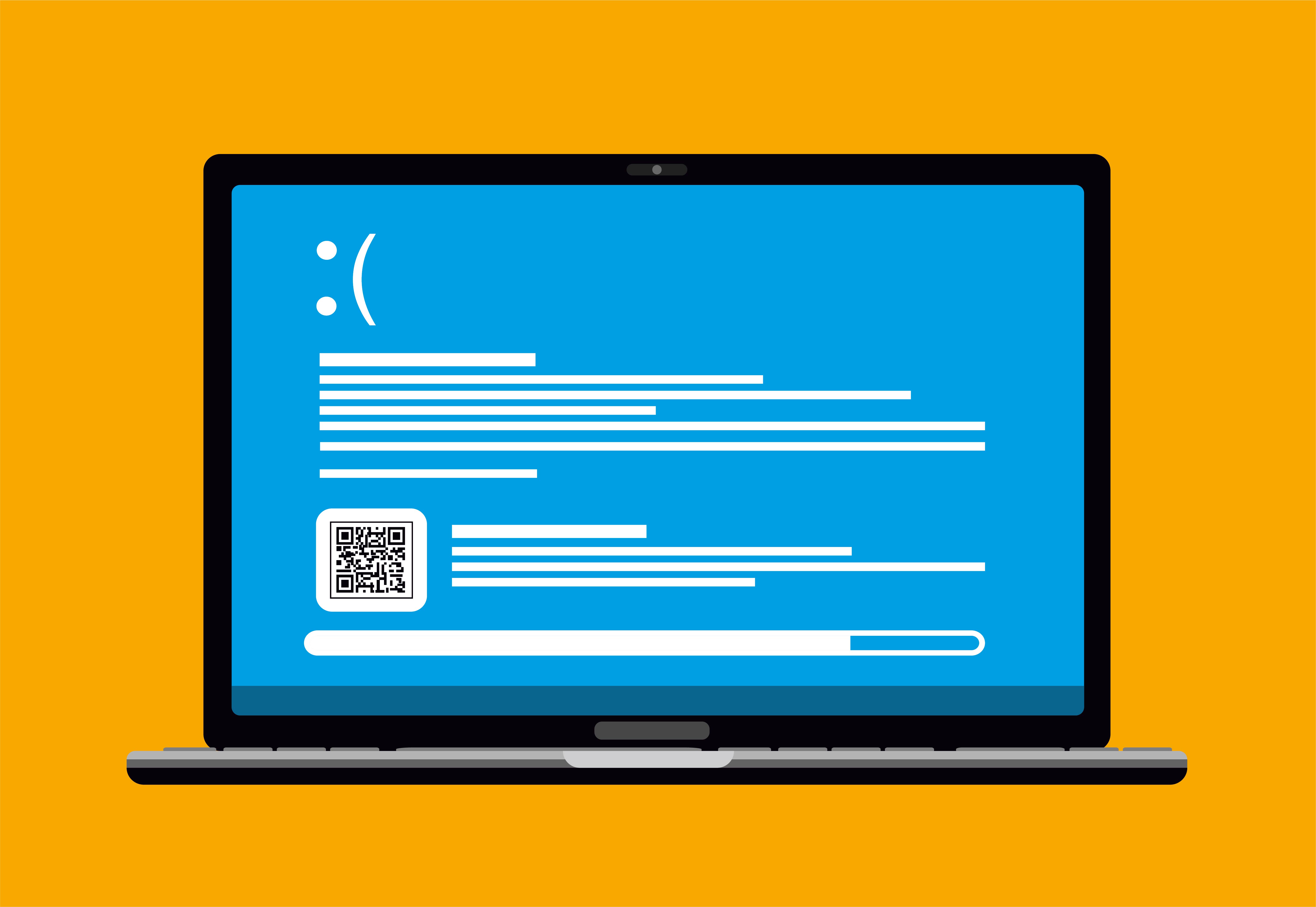Ubuntu vs. Windows 7 on the business desktop
Microsoft Windows may be the de facto standard desktop operating system in business environments, but high costs, restrictive licences and constant security issues are leading an increasing number of companies to consider open source alternatives — as Kat Orphanides explains.

Pricing & SupportFor all its good points, Ubuntu's real strength and its main advantage over Windows 7 is its price. Since it's an open source project, Ubuntu costs nothing to install and use on any number of PCs, for any purpose. Volume licensing for Windows 7, on the other hand, costs around 125 + VAT per copy, with another 306 for an Office 2010 volume licence. Even if an operating system doesn't cost anything, there are always costs involved with its use, usually in the form of support.More pertinent is the price of a new system with or without Windows 7 installed, An HP Workstation with Windows 7 Home Premium costs 372 + VAT, for example, while the same system with FreeDOS (HP's default no-OS option) costs 313 + VAT a 59 saving. Similar savings are valuable from other PC vendors.
In practice, even if an operating system and software don't cost anything to acquire, there are always costs involved with their use, usually in the form of support. Linux is no more expensive than Windows in this regard though, and Canonical offers its own 24/7 support service for businesses, starting from $105 (around 66) per desktop, per year.
Similarly, London-based support firm Help4IT quoted an initial cost of 650 and a basic monthly fee of 273 (both ex VAT) for both 10 clients and one server, for both Windows 7 and Ubuntu.
Conclusions
Ubuntu 11.10 is a mature and capable desktop operating system that's a massive improvement even over the previous 11.04 release. The Unity UI may not immediately appeal to long-term Linux users, but it's polished, intuitive and easy to use and end-users won't ever have to worry about using the command line interface or arcane driver configuration options. Security is also a major strength, as is the no-cost nature of most Linux software, although this latter feature may sometimes mean putting up with a lack of refinement here and there. The biggest issue with Ubuntu and Linux in general, however, is familiarity. Users may require retraining to adequately cope with the way Linux works, but this is no different to that required for people switching from Mac OS X to Windows, for example.
Verdict
After years of all-too-valid complaints that Linux isn’t ready for the desktop, Ubuntu 11.10 genuinely is. It’s not a perfect feature-for-feature match for Windows 7 or Mac OS X any more than either of those major desktop operating systems is for the other, but Ubuntu has proved to be stable, secure, widely compatible and surprisingly easy to use. The ease with which the desktop environment can be locked down without removing key functionality is of particular benefit within a corporate environment and, as long as there’s a support team on hand to manage the transition, there’s nothing to prevent end-users more used to Windows from switching seamlessly.
Get the ITPro daily newsletter
Sign up today and you will receive a free copy of our Future Focus 2025 report - the leading guidance on AI, cybersecurity and other IT challenges as per 700+ senior executives
K.G. is a journalist, technical writer, developer and software preservationist. Alongside the accumulated experience of over 20 years spent working with Linux and other free/libre/open source software, their areas of special interest include IT security, anti-malware and antivirus, VPNs, identity and password management, SaaS infrastructure and its alternatives.
You can get in touch with K.G. via email at reviews@kgorphanides.com.
-
 CISA issues warning in wake of Oracle cloud credentials leak
CISA issues warning in wake of Oracle cloud credentials leakNews The security agency has published guidance for enterprises at risk
By Ross Kelly
-
 Reports: White House mulling DeepSeek ban amid investigation
Reports: White House mulling DeepSeek ban amid investigationNews Nvidia is caught up in US-China AI battle, but Huang still visits DeepSeek in Beijing
By Nicole Kobie
-
 Linux just hit an all-time high share of the global desktop market — and surging popularity in India is driving uptake of the open source operating system
Linux just hit an all-time high share of the global desktop market — and surging popularity in India is driving uptake of the open source operating systemNews Linux is still dwarfed by operating systems such as Windows, but it’s making modest gains off the back of growing popularity in emerging markets
By Steve Ranger
-
 Linux Blue Screen of Death gives users a taste of the dreaded Windows feature
Linux Blue Screen of Death gives users a taste of the dreaded Windows featureNews The Linux Blue Screen of Death has been added in a recent update
By Ross Kelly
-
 Tiny11 review: Windows 11 with only 2GB of RAM
Tiny11 review: Windows 11 with only 2GB of RAMReview A version of Windows 11 for older machines that don't meet the full requirements
By Nik Rawlinson
-
 Red Hat Enterprise Linux becomes foundational operating system for Cohesity Data Cloud
Red Hat Enterprise Linux becomes foundational operating system for Cohesity Data CloudNews New strategic partnership between Red Hat and Cohesity aims to drive innovation in the data security and management space
By Daniel Todd
-
 Ubuntu shifts to four-week update cycle
Ubuntu shifts to four-week update cycleNews Critical fixes will also come every two weeks, mitigating the issues involved with releasing prompt patches on the old three-week cadence
By Richard Speed
-
 AlmaLinux follows Oracle in ditching RHEL compatibility
AlmaLinux follows Oracle in ditching RHEL compatibilityNews Application binary compatibility is now the aim with 1:1 now dropped
By Richard Speed
-
 How big is the Windows 10 cliff-edge?
How big is the Windows 10 cliff-edge?ITPro Network With some comparing the upcoming Windows 10 end of life to Windows XP, we ask members of the ITPro Network for their insight
By Jane McCallion
-
 Everything you need to know about the latest Windows 11 updates - from bug fixes to brand-new features
Everything you need to know about the latest Windows 11 updates - from bug fixes to brand-new featuresNews Two new cumulative updates are on the way and will be installed automatically on Windows 10 and Windows 11 machines
By Rory Bathgate